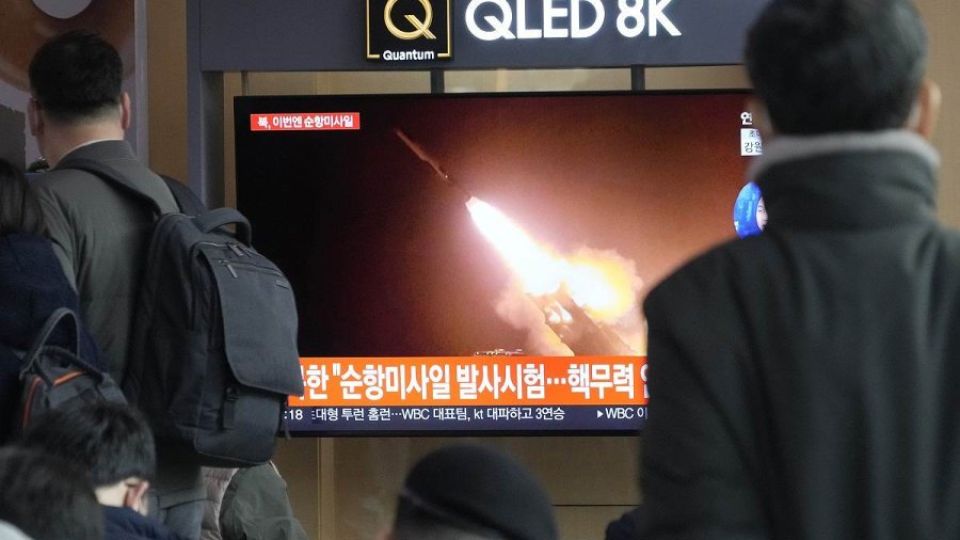March 9, 2023
WASHINGTON — The United States’ move to create a trilateral consultative body on nuclear deterrence with Japan and South Korea reflects concerns about the increased anxiety among its allies regarding the U.S. nuclear umbrella.
Washington likely hopes to use the opportunity of improved Japan-South Korea relations to cement trilateral security cooperation and form a united front against North Korea and China, among others.
Russia has been dangling the threat of nuclear weapons at the United States and Europe amid its invasion of Ukraine. As if inspired by Russia, North Korea has repeatedly engaged in nuclear provocations, triggering talk in South Korea about the possible acquisition of nuclear capabilities.
The United States is trying to contain such moves in East Asia by strengthening information sharing with Japan and South Korea on U.S. nuclear capabilities. However, there are subtle differences between the positions of Japan and South Korea on nuclear deterrence.
South Korea has expressed interest in discussing specific details about the use of nuclear weapons in an emergency to develop practical deterrence. Meanwhile, Prime Minister Fumio Kishida, leader of the only nation that has experienced atomic bombings, has vowed to work toward nuclear abolition. Therefore, Tokyo would prefer not to be involved in the decision-making process regarding the use of U.S. nuclear weapons.
Also, while Japan and South Korea share the security challenges posed by North Korea, South Korea’s stance toward China, which is rapidly advancing its nuclear arms program, differs from that of Japan and the United States.
It is clear that issues will need to be addressed before a stable and functional consultative body can be established.

